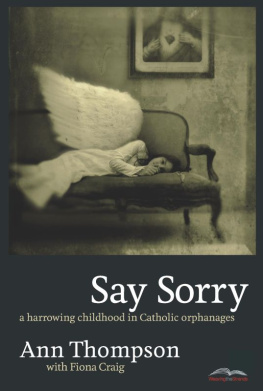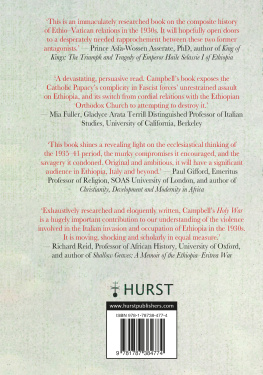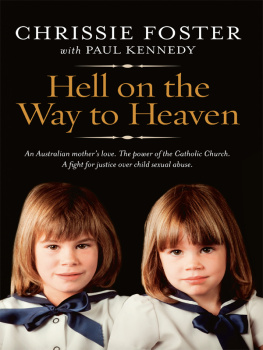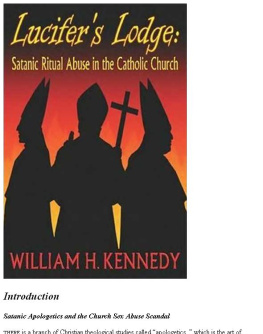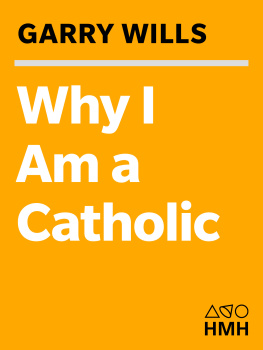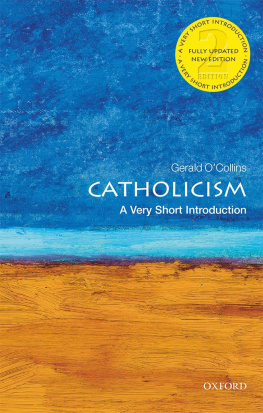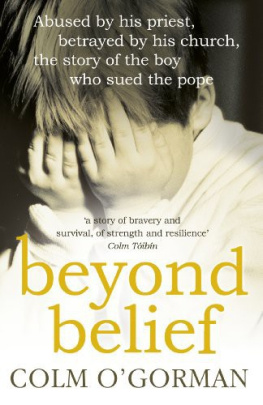THE LAST DAY
8:30 a.m., Wednesday August 22, 1984
Coteau, Louisiana
When I drove away from home that day, headed for the Old Bishops House, I stopped the car on the gravel lane fronting our property as I always did. I looked back at our house, pond, pool, gazebo, guest cottage, and horses grazing in the pasture. The weather was turning but it was beautiful, peaceful. My eyes skimmed the long run of bamboo and crepe myrtle trees that bordered the driveway. Leaves were blowing from the bent branches and tall stalks of bamboo waved wildly in the gusting winds, the outer bands of a hurricane in the Gulf of Mexico. Somewhere nearby a farmer was burning a field. A light smoke with a strong scent drifted across our land. As I looked over the fields and structures, dark clouds raced across the sky, almost hugging the ground all the way out to the horizon. A storm would blow through in a matter of hours even though the hurricane was making landfall to the west in Texas. I loved rough weather and I loved this place. Now I wish I had lingered longer that last day, for I would never see this place or anything else in life in the same way again.
The tall, skinny, long-legged white bird that came from a big swamp to fish in our pond every day had been wading in the shallows when Id had coffee on the patio earlier that morning. Our youngest child, five-year-old Sasha, was feeding the ducks in the pond, and in the distance Id watched my wife, Kate, petting Sashas horse, Dreamer, while two of our dogs vied for her attention. Our sons, Shelby and Jake, were already off to school, their departure announced by the music of Bruce Springsteen blaring from the huge speakers in Shelbys jeep.
The old Cajun man who took care of the grounds for us, a fellow everyone called Mule because of his phenomenal physical strength and equally stubborn mind, always called our place Ti Paradis. The acreage was like a paradise carved out under a high ridge in a low basin where the Mississippi River had flowed eons ago.
A journalist covering a law case I was involved in had written that I was a young man who had it all. To some it seemed I had always had it all. It seemed that way to me too. As a kid all I cared about was football. I was a star quarterback on an undefeated, number-one-ranked football team. I had kicked a field goal to win our homecoming game and escorted my girlfriend, the homecoming queen, to the dance. At thirty-six, I had achieved more success than most lawyers my age, had been involved in several high-profile cases and causes and won them all. I believed this great streak of good luck would continue forever. On this morning, no one could have convinced me that one day soon I would lose everything that had ever mattered to me.
The day before, I had received a telephone call from the vicar of finance for the Catholic Diocese of Thiberville, who identified himself as Monsignor Buddy Belair. He invited me to lunch at a residence referred to as the Old Bishops House, a building no bishop had lived in since the forties. I assumed the purpose of the meeting was to solicit a donation for the drive to retire the debt on the new Catholic high school. The eight-million-dollar drive had been publicized in a number of front-page stories in the local newspaper.
Its always money; they always want money, I thought. You pay a fortune to enroll your kids in their schools, and they immediately make beggars out of them, sending them home to sell raffle tickets or solicit donations.
I had never been inside the Old Bishops House, and had only been inside the adjacent Saint Stephens Cathedral for family funerals. In the ancient Saint Augustine Cemetery behind the great church there was a crypt dating from 1847 that had our family name, Chattelrault, carved in stone. It contained the remains of a Civil War general, a governor and others. My familys connection with the diocese was a long one. It was a Chattelrault who donated the land for the cathedral, and Chattelraults had constructed Catholic churches, schools, diocesan offices and a seminary. I had relatives who were priests in the Thiberville diocese and one who was a monsignor in Rome. The Chattelrault family relationship with the Catholic faith was an integral part of my family heritage, something I took for granted, like I took a lot of things for granted that came with being a descendant of the town founder.
As a child I had been devout, serving Mass daily, riding my bike through the dark to be on the altar for early Mass in a nearly empty church. I continued to attend Mass, go to confession and refrain from eating meat on Fridays, and lived as a practicing Catholic until I ran off to a neighboring state at age nineteen and married Kate before a Justice of the Peace. My parish priest explained to Kate and me that we were now barred from receiving the sacraments because we had not been married in a church. In the same conversation, the priest twice refused to marry us in the church, citing our young ages as the reason we were barred from the sacrament of matrimony. He told us that unless we lived platonically we would be outside a state of grace, in fact living in sin in the eyes of the Church and God, and we would be in grave danger should we die in this state. It seemed he believed he was the arbiter of who would go to heaven, who would go to hell. If we had not been excommunicated, we were only one step removed, for we had been informed that we were no longer Catholics in good standing with the Church.
The whole of south Louisiana was a Catholic culture and we had our children baptized, later enrolling them in Catholic schools, and occasionally we attended Mass as a family. In what I think was an act of defiance, Kate sometimes took communion. She had gloated when she learned that the priest who had lectured us and basically excommunicated us had impregnated a nun and left the priesthood, presumably to live like us, in a state of sin.
As I watched Kate petting Sashas horse in the pasture near the barn, I wished nothing bad had ever happened between us. A place in the country had been our dream, but in this paradise wed built together we sometimes lived separate lives. I knew our marriage was so fragile that almost anything could break it. I felt we would divorce and believed she knew this before I did. We did marry too young, got too much money too fast, and bent all the rules we didnt break. But we loved each other deeply and I knew our love would outlast our marriage, last to the end of our lives. Sensing these were our last days together, I felt I never wanted to leave here, never wanted to leave her.



